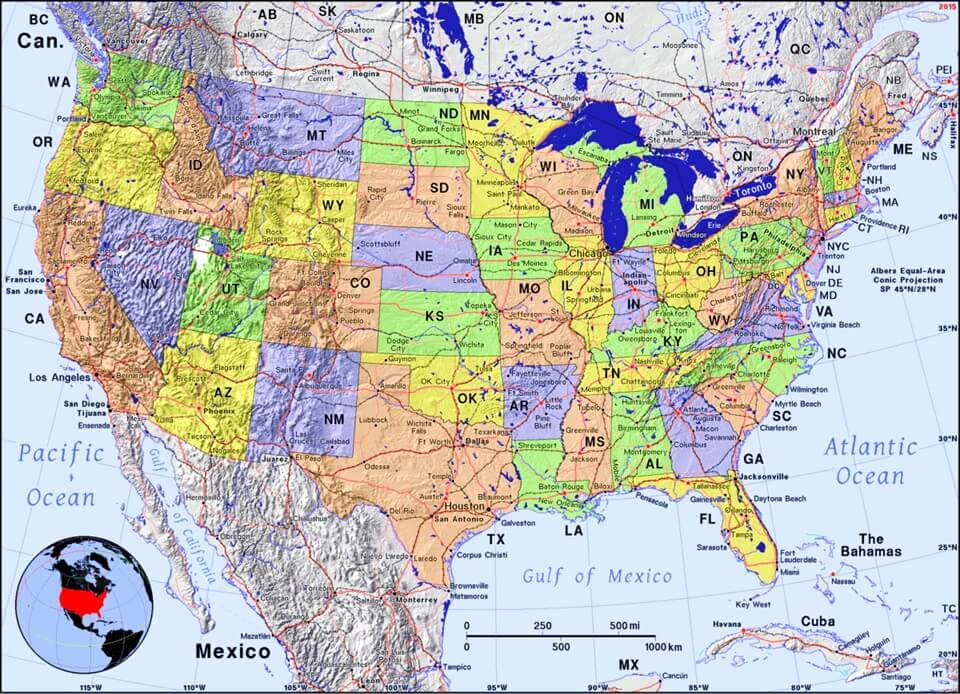Chapter 8: The Struggle in the Dark
Performer: Librivox - Bridget Gaige
It was a long, lonesome, fearful night that the schoolmaster passed, lying with nerves on edge and eyes wide open in that comfortless bed in the "furdest corner" of the loft of Pete Jones's house, shivering with cold, while the light snow that was falling sifted in upon the ragged patchwork quilt that covered him. Nerves broken by sleeplessness imagine many things, and for the first hour Ralph felt sure that Pete would cut his throat before morning.
And you, friend Callow, who have blunted your palate by swallowing the Cayenne pepper of the penny dreadfuls, you wish me to make this night exciting by a hand-to-hand contest between Ralph and a robber. You would like it better if there were a trap door. There's nothing so convenient as a trap door, unless it be a subterranean passage. And you'd like something of that sort just here. It's so pleasant to have one's hair stand on end, you know, when one is safe from danger to one's self. But if you want each individual hair to bristle with such a "Struggle in the Dark," you can buy trap doors and subterranean passages dirt cheap at the next newsstand. But it was, indeed, a real and terrible "Struggle in the Dark" that Ralph fought out at Pete Jones's.
When he had vanquished his fears of personal violence by reminding himself that it would be folly for Jones to commit murder in his own house, the question of Bud and Hannah took the uppermost place in his thoughts. And as the image of Hannah spelling against the master came up to him, as the memory of the walk, the talk, the box-elder tree, and all the rest took possession of him, it seemed to Ralph that his very life depended upon his securing her love. He would shut his teeth like the jaws of a bulldog, and all Bud's muscles should not prevail over his resolution and his stratagems.
It was easy to persuade himself that this was right. Hannah ought not to throw herself away on Bud Means. Men of some culture always play their conceit off against their consciences. To a man of literary habits it usually seems to be a great boon that he confers on a woman when he gives her his love. Reasoning thus, Ralph had fixed his resolution, and if the night had been shorter, or sleep possible, the color of his life might have been changed.
But some time along in the tedious hours came the memory of his childhood, the words of his mother, the old Bible stories, the aspiration after nobility of spirit, the solemn resolutions to be true to his conscience. These angels of the memory came flocking back before the animal, the bull-doggedness, had "set," as workers in plaster say.
He remembered the story of David and Nathan, and it seemed to him that he, with all his abilities and ambitions and prospects, was about to rob Bud of the one ewe-lamb, the only thing he had to rejoice in in his life. In getting Hannah, he would make himself unworthy of Hannah.
And then there came to him a vision of the supreme value of a true character; how it was better than success, better than to be loved, better than heaven. And how near he had been to missing it! And how certain he was, when these thoughts should fade, to miss it! He was as one fighting for a great prize who feels his strength failing and is sure of defeat.
This was the real, awful "Struggle in the Dark." A human soul fighting with heaven in sight, but certain of slipping inevitably into hell! It was the same old battle. The Image of God fought with the Image of the Devil. It was the same fight that Paul described so dramatically when he represented the Spirit as contending with the Flesh. Paul also called this dreadful something the Old Adam, and I suppose Darwin would call it the remains of the Wild Beast. But call it what you will, it is the battle that every well-endowed soul must fight at some point.
And to Ralph it seemed that the final victory of the Evil, the Old Adam, the Flesh, the Wild Beast, the Devil, was certain. For, was not the pure, unconscious face of Hannah on the Devil's side? And so the battle had just as well be given up at once, for it must be lost in the end.
But to Ralph, lying there in the still darkness, with his conscience as wide awake as if it were the Day of Doom, there seemed something so terrible in this overflow of the better nature which he knew to be inevitable as soon as the voice of conscience became blunted, that he looked about for help.
He did not at first think of God; but there came into his thoughts the memory of a travel-worn Galilean peasant, hungry, sleepy, weary, tempted, tried, like other men, but having a strange, divine Victory in him by which everything evil was vanquished at his coming.
He remembered how He had reached out a Hand to every helpless one, how He was the Helper of every weak one. And out of the depths of his soul he cried to the Helper, and found comfort. Not victory, but, what is better, strength.
And so, without a thought of the niceties of theological distinctions, without dreaming that it was the beginning of a religious experience, he found what he needed, help. And the Helper gave His beloved sleep.
 The Hoosier Schoolmaster
The Hoosier Schoolmaster
The Hoosier Schoolmaster
The Hoosier Schoolmaster

 The Hoosier Schoolmaster
The Hoosier Schoolmaster
The Hoosier Schoolmaster
The Hoosier Schoolmaster

